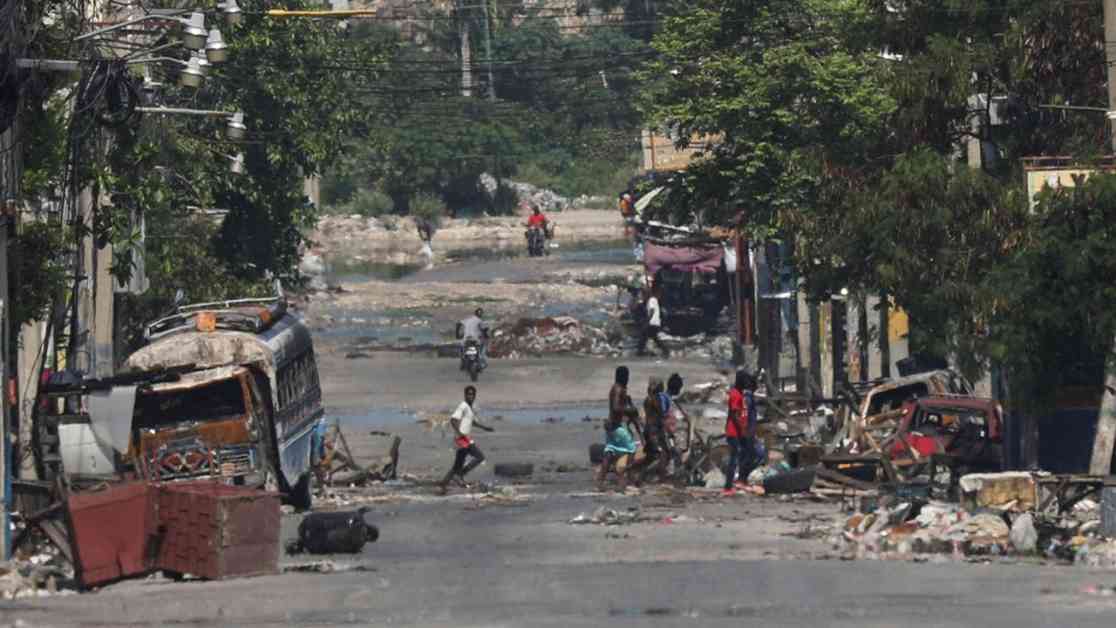Haiti has a new government, which faces one of the most urgent challenges in terms of security and humanitarian aid. The Caribbean island, one of the poorest in the world, is largely controlled by nearly two hundred gangs that extort, kill, rape, and kidnap with impunity across most of the territory. The Haitian state, which can only field 500 poorly equipped, poorly trained, and underpaid soldiers, seems to have practically ceased to exist. This was highlighted by the attack on police stations in February, from which thousands of detainees escaped, the roadblocks extorting motorists, and the numerous kidnappings, totaling 857 last year according to the Center for Analysis and Research in Human Rights (CARDH).
The economic, social, and health situation in Haiti is disastrous. Basic public services such as water, electricity, and transportation are completely dysfunctional. The average monthly salary of around $130 can barely buy a dozen kilos of meat or fill a car with gas, as the gasoline market is controlled by traffickers. The health situation is equally dire, with cholera outbreaks occurring for years. Half of the eleven million Haitians who have not fled the country suffer from malnutrition. The country’s development index, including literacy, life expectancy, and infant mortality, is among the lowest in the world.
The government led by Garry Conille, a physician and former UNICEF administrator, was appointed ten days ago. Its composition was published on Tuesday in the official journal in Port-au-Prince after weeks of negotiations by the Presidential Transition Council. This council of seven representatives from major political parties, the private sector, and the Montana group, a civil society coalition, was established in April through consensus between the Montana group and representatives from Caribbean countries affected by the humanitarian and migration crisis, including the United States.
The council was expected to rely on a Kenyan contingent to restore some semblance of order, as no Western country, including Paris or Washington, wanted to intervene. However, the Kenyan contingent, financed by $100 million from the US and $90 million from Canada, is still awaited. Nairobi stated last Sunday that it would likely arrive « probably in two weeks. »
Restoring order is crucial for economic life, but it will be challenging as the gangs are well armed and funded through cocaine trafficking. Haiti has become a narco-state, the primary drug hub between Latin America and the US. This trafficking allows for easy purchase of police officers, including DEA agents, and ministers, to the extent that it is difficult to find former officials not sanctioned by Washington or Ottawa for one of these crimes.
In the longer term, the new government will need to organize elections, as none have been held for eight years. Until Tuesday, Haiti was the only country in the world without any legitimate institutions, as the parliament has not been in session for four years. Most judges in the Supreme Court have vacated their positions, and the mandates of the last ten senators expired last February. This is happening at a time when Prime Minister Ariel Henry, who was appointed just before the still unsolved assassination of President Jovenel Moïse three years ago, was banned from returning to the country by the gangs.

